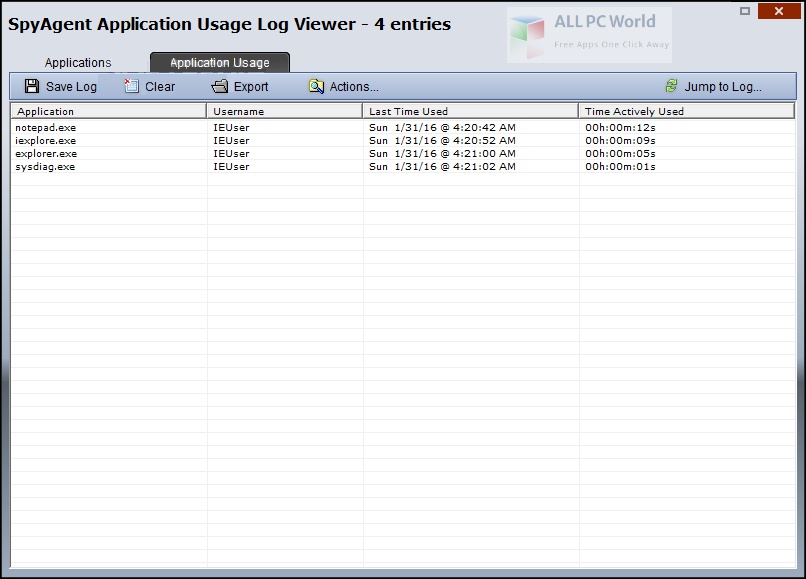

The call data contains location, time and calling party data but no content of the communications. These records, spanning the period from mid 2017 to late 2019, shed light on an expansive network of spies run by Russia’s military intelligence. In 2019 in the course of investigating the Skripal poisoning, we obtained metadata from call records of Maj. The two GRU officers talked for just over two minutes. The midnight caller was the head of GRU’s Department 5, or the so-called Illegals program – a little-known department that planted military spies around the world under false identities. Similarly, Averyanov himself had reached out to many of his subordinates who had been travelling on such passports – including the two spies involved with the failed Montenegro coup in 2016. In the hours after Bellingcat’s publication that day, Averyanov had received several phone calls from his top boss – the GRU’s chief Igor Kostyukov. The investigation had blown the lid on a glaring hole in the GRU’s tradecraft: for nearly a decade, Russia’s military intelligence agency had furnished their spies with consecutively numbered passports, allowing investigative journalists who had acquired data commonly leaked onto Russia’s black market to uncover other spies by simply tracing such batches of numbers. General Averyanov, the commander of the GRU’s clandestine operations unit 29155, was still in his office at Russia’s military intelligence service headquarters at Khoroshevskoe Shosse 76 in Moscow.Įarlier that day, Bellingcat and its Russian investigative partner, The Insider, had published an investigation into the cover identities of “Ruslan Boshirov” and “Alexander Petrov”, two undercover GRU spies implicated in the Novichok poisoning of Sergey and Yulia Skripal in Salisbury, England. Despite the late hour, phone records show Maj.

Three minutes before midnight on 14 September 2018, the cell phone of Andrey Averyanov began to ring.


 0 kommentar(er)
0 kommentar(er)
